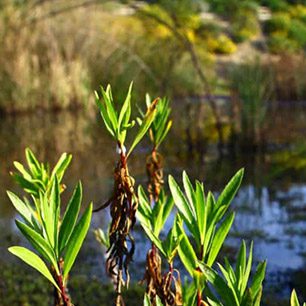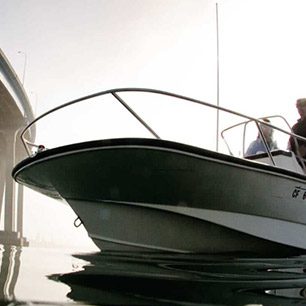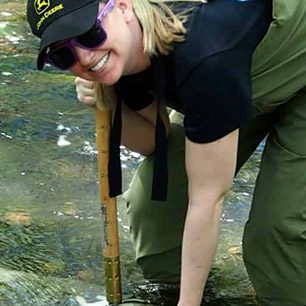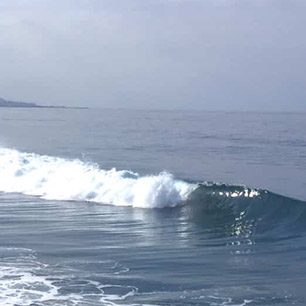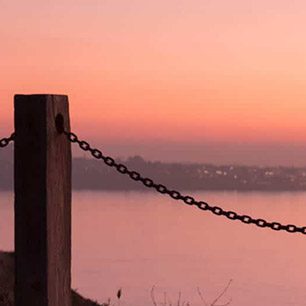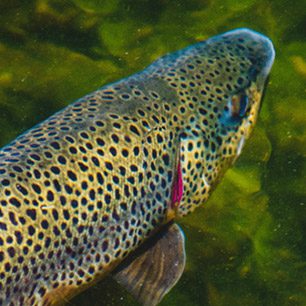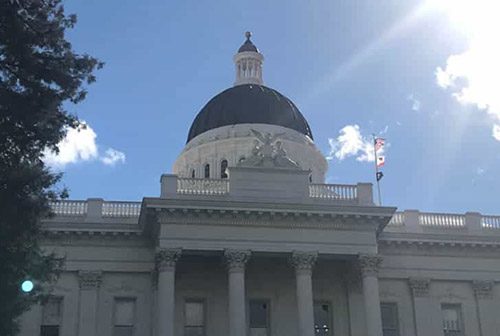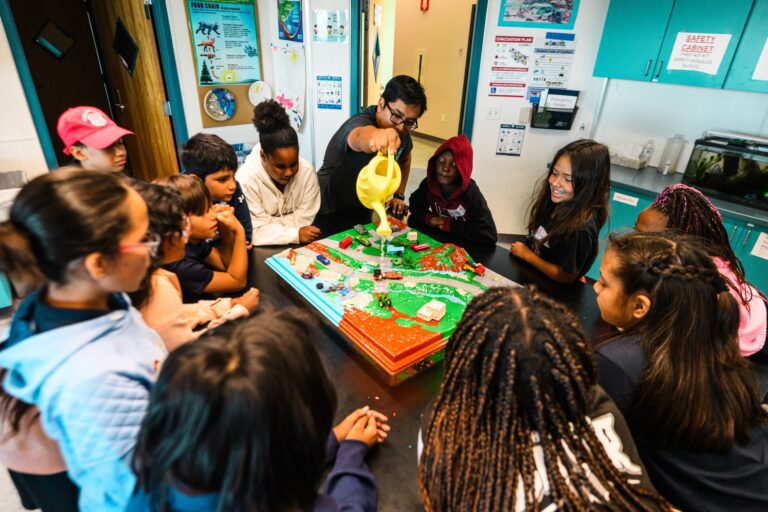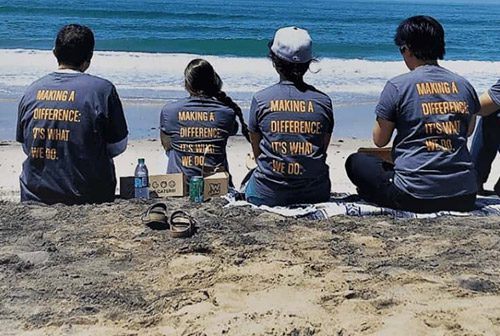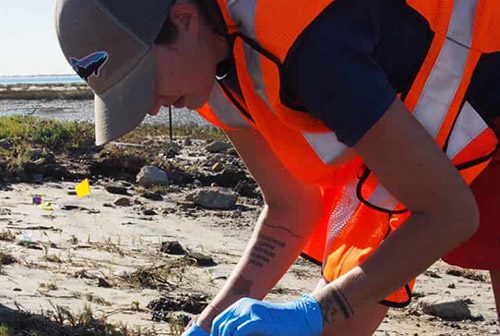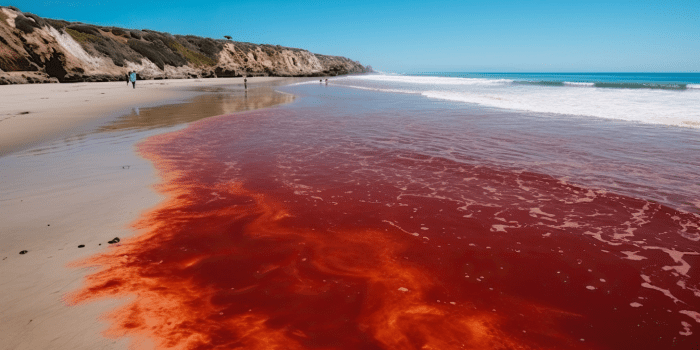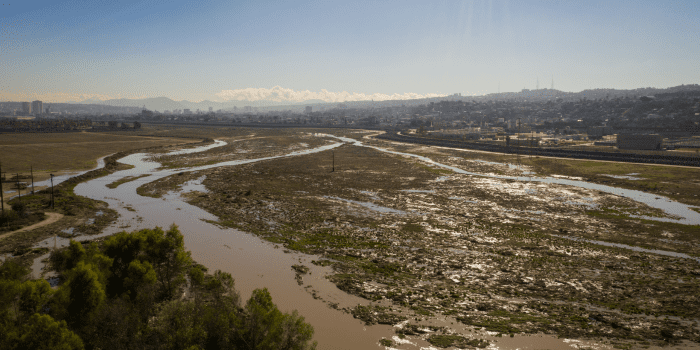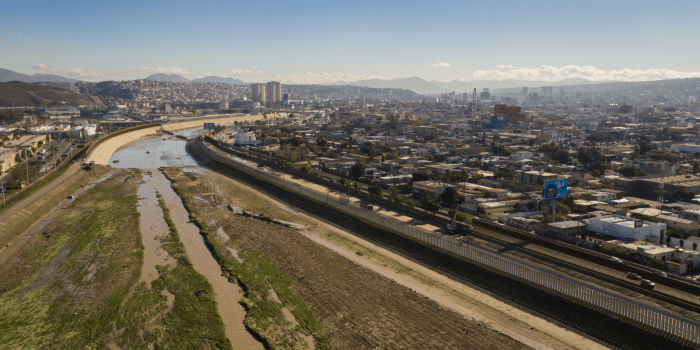Volunteers collect water samples from nine of the 11 watersheds
{readmorelink}Read the full article…{/readmorelink}
SAN DIEGO, Nov. 3, 2010- San Diego Coastkeeper, San Diego’s largest professional environmental organization working to protect inland and coastal waters, is running their watershed monitoring program this month on Saturday, November 20th at 9:00 a.m. San Diego Coastkeeper trains more than 100 volunteers annually to collect monthly surface water quality information in nine of 11 watersheds in San Diego County. Coastkeeper’s watershed monitoring program is essential to establishing water quality trends in the county’s creeks and rivers, helping improve government decision making regarding local water bodies, and creating a team of trained citizen volunteers who connect with their local ecosystem. Coastkeeper’s monitoring of these water bodies is the most frequent in the county.
“Coastkeeper’s volunteer water quality monitoring program is the largest of its kind in the state, and possibly the nation,” said Coastkeeper Executive Director Bruce Reznik. “Since its inception in 2000, we’ve trained more than 1,000 community members, who are now empowered to help conserve and improve our local water bodies.”
Once a month, the Coastkeeper office turns into a training center for volunteers who want to take an active role in environmental conservation. Volunteers from across the county learn about the importance of San Diego’s watersheds and maintaining their ecological capabilities. Volunteers are trained to collect and analyze samples in accordance with Coastkeeper’s standard operating procedures and laboratory quality assurance project plan. New volunteers are paired with returning volunteers to create site teams, headed by watershed captains who are designated to oversee specific watersheds for the year. While in the field, volunteers use professional quality, calibrated instruments to measure physical and chemical water quality data. Volunteers also collect samples for later microbial, nutrient, and toxicity analysis. Each team monitors two to three different designated sites in their watershed. At the end of the day, site teams return the samples to the Coastkeeper lab for analysis.
The data collected help inform staff and the public about watershed health and water quality, and is ultimately used as a tool to help leverage government decision making regarding restoration of local water bodies.
The results from monitoring events, along with watershed information and locations of monitoring sites, are posted online for the public to access. San Diego Coastkeeper also posts the current beach water quality status on its site, along with the historic beach water quality data in graphs. The watershed information and water quality data can be accessed through Coastkeeper’s site at localhost/sdcoastkeeper.
All events are open to community members interested in monitoring water quality. New volunteer trainings take place every other month. For more information, visit Coastkeeper’s website at localhost/sdcoastkeeper, or email Dylan Edwards at [email protected].
###
Founded in 1995, San Diego Coastkeeper protects the region’s bays, beaches, watersheds and ocean for the people and wildlife that depend on them. We balance community outreach, education, and advocacy to promote stewardship of clean water and a healthy coastal ecosystem.
